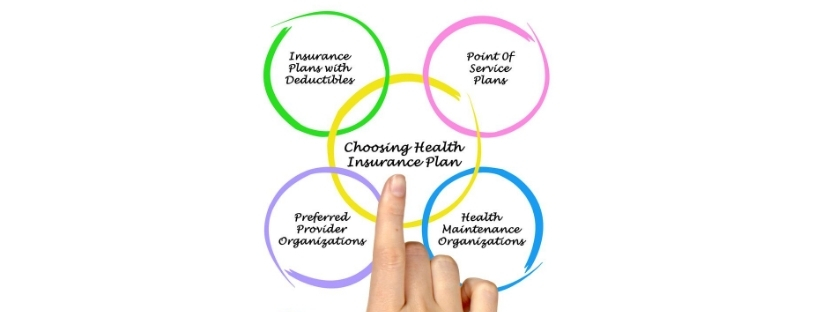
Understanding the Unique Needs of Older Adults
In the acute hospital setting, older adults face a range of challenges when it comes to pain management. With a high prevalence of pain, often associated with chronic health conditions or acute surgical procedures, older adults not only suffer physically but also experience a reduced quality of life. Pain can lead to other medical conditions such as depression, sleep disturbances, anxiety, and even aggressive behavior.
For those older adults with cognitive impairment, being admitted to the hospital can cause additional stress, leading to disorientation and challenging behaviors that can be difficult for the staff to manage.
Reluctance to Address Pain for Older Adults with Cognitive Impairment
Despite the growing awareness of the need for effective pain assessment and treatment, healthcare professionals still hesitate to prescribe analgesia for older patients, particularly those with cognitive impairment. Studies have shown that the more confused and disoriented a patient becomes, the less likely they are to receive proper pain medication. This reluctance results in untreated pain and can lead to a decline in mental status.
In these circumstances, behaviors associated with cognitive impairment and untreated pain, such as verbal and physical aggression or agitation, can increase patients’ distress and become a burden for hospital staff. Unfortunately, instead of providing appropriate postoperative analgesia, older patients with challenging behaviors are often given antipsychotic medication, which does not address their pain and further contributes to confusion.
The Need for Change and Supportive Nursing Interventions
It is crucial to challenge the fears and misconceptions surrounding pain management for older patients and to develop supportive nursing interventions that can alleviate pain, improve clinical outcomes, reduce hospital stays, and ultimately lower healthcare costs. Nurses, as key players in pain assessment and management, need to understand the impact of cognitive impairment on patients and how it relates to pain and its management.
However, nurses caring for acutely ill older patients with varying degrees of cognitive impairment often require additional training and support to enhance their pain assessment skills. Furthermore, the hospital environment itself may not be conducive to meeting the needs of older patients with cognitive impairment. High workloads and noisy ward settings can make standard pain assessment practices challenging, adding to the stress experienced by patients.
Looking Ahead
Addressing the unique pain management needs of older adults with cognitive impairment in the acute hospital setting is crucial for their overall well-being. By providing proper pain assessment and management, healthcare professionals can improve patients’ quality of life, reduce distressing behaviors, optimize clinical outcomes, and create a more supportive care environment.
Nurses, in particular, play a vital role in this process and need specialized training to effectively address the pain needs of older patients with cognitive impairment. With the right interventions and support, healthcare professionals can ensure that pain is effectively managed, leading to better patient experiences and outcomes.
To learn more about the latest healthcare news, visit Instant Global News.

